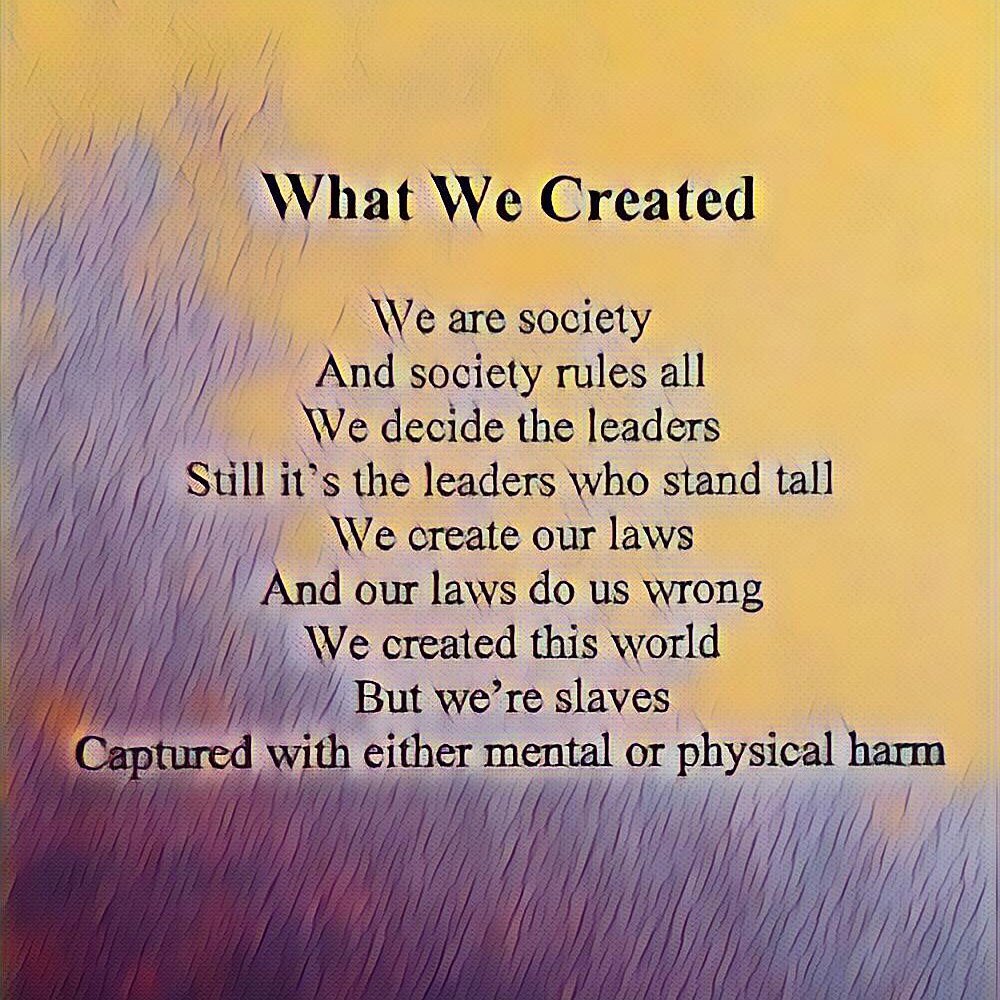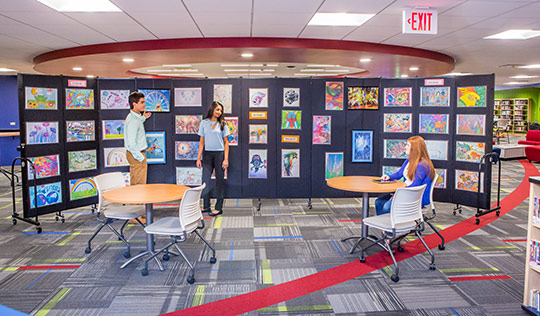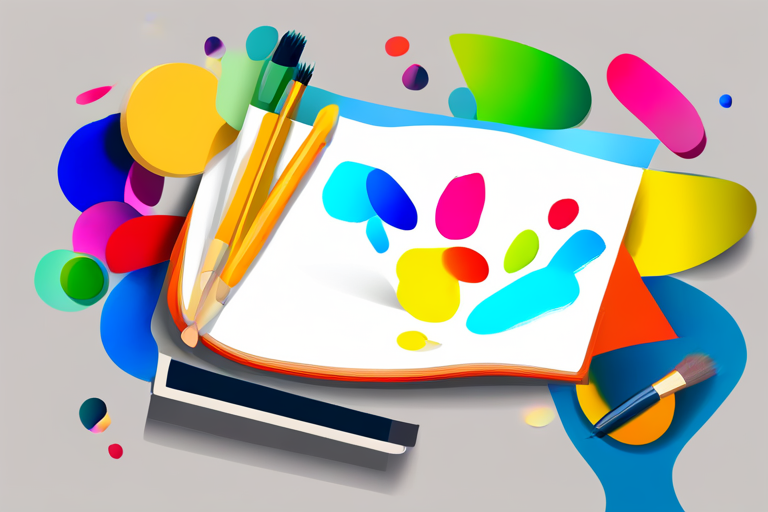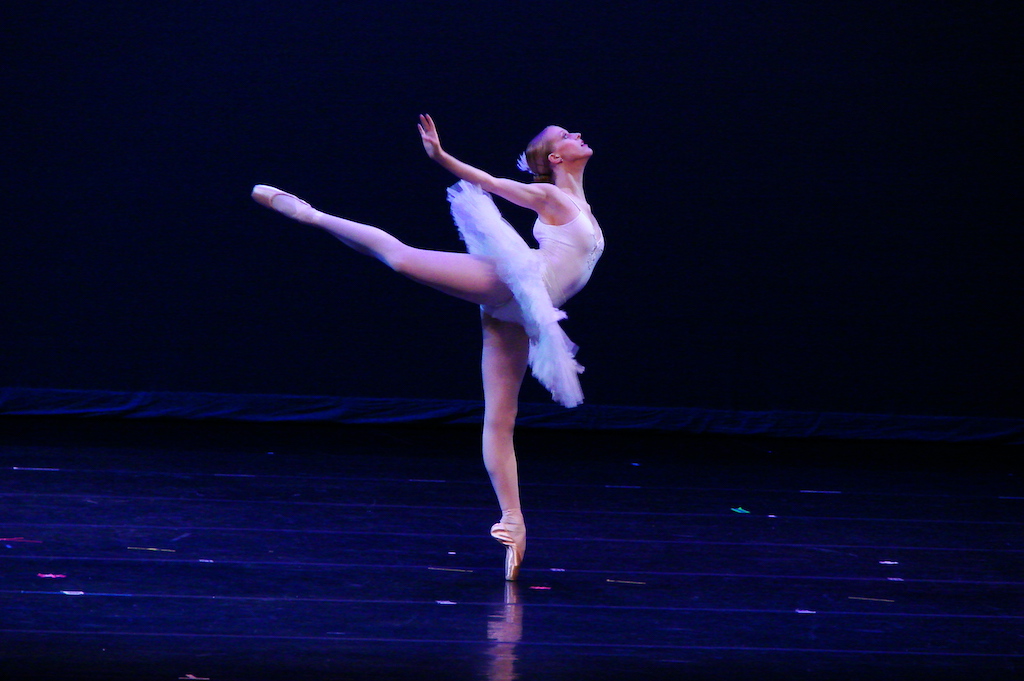Exploring the Power of Poetry – A Journey Through Arts and Culture
In the bustling world we live in, it’s easy to overlook the profound impact of arts and culture on our lives. From music and painting to dance and literature, these forms of expression enrich our souls and offer a glimpse into the depths of human emotion. Among these, poetry stands as a timeless art form that holds a unique power to captivate and inspire. Join us on a journey through the realm of poetry as we explore its significance in arts and culture.
1. How Poetry Touches the Heart
At its core, poetry is a medium that touches the very essence of our humanity. Through carefully chosen words and vivid imagery, poets weave stories and evoke emotions within us. Poetry expresses the unspoken, making it a powerful tool of communication that resonates with people from all walks of life. Whether it’s the pain of heartbreak, the joy of love, or the tumult of social change, poetry captures the full range of human experiences, leaving an indelible mark on our hearts.
2. Poetry as an Expression of Cultural Identity
Poetry is not just about individual experiences; it also serves as a reflection of the collective cultural identity of a society. As we dive into the works of poets from different backgrounds and time periods, we gain insights into their unique perspectives and the values of their communities. Whether it’s the ancient haikus of Japan, the lyrical verses of the Harlem Renaissance, or the passionate poems of Latin America’s literary giants, each culture’s poetic traditions offer a rich tapestry of history and expression.
3. The Healing Power of Words
In times of adversity, poetry has the incredible ability to provide solace and healing. The rhythm and melody of poetic language can soothe the soul and offer comfort in moments of distress. Many individuals turn to poetry as a cathartic outlet, using words to navigate through their innermost challenges or traumas. Poetry therapy, a form of expressive therapy, harnesses the therapeutic benefits of writing and reading poetry to promote healing and personal growth.
4. Poetry as a Driving Force of Change
Throughout history, poetry has played a pivotal role in driving social and political change. Powerful verses have been the catalysts behind revolutions, advocating for justice, equality, and freedom. Poets, such as Maya Angelou, Langston Hughes, and Rumi, have profoundly impacted their societies through their outspoken words. By challenging conventional norms and sparking critical conversations, poetry has the power to ignite movements and shape the course of history.
5. Poetry in the Modern World
While poetry may seem like an art form of the past, it continues to thrive in the digital age. Social media platforms have become the new stage for poets to share their work, creating vibrant online communities centered around poetry. Hashtags like #Instapoetry and #PoetryCommunity have gained popularity, allowing poets to reach wider audiences and promote their craft. This digital revolution has democratized access to poetry, making it more accessible and inclusive than ever before.
In Conclusion
Poetry stands as a testament to the enduring power of language and the boundless possibilities of artistic expression. It offers a deep connection to our shared human experiences, celebrates diversity, heals wounds, drives change, and finds relevance in the modern age. So, take a moment to immerse yourself in the world of poetry and let its enchanting verses transport you to new realms of imagination and emotion. Join us on this journey through arts and culture, and discover the transformative power of poetry.











